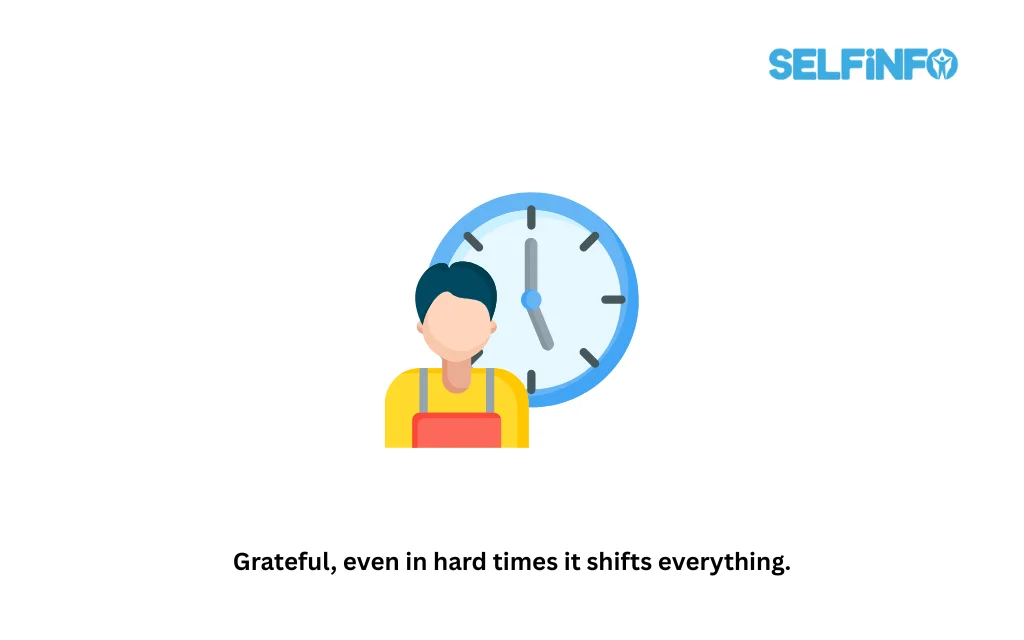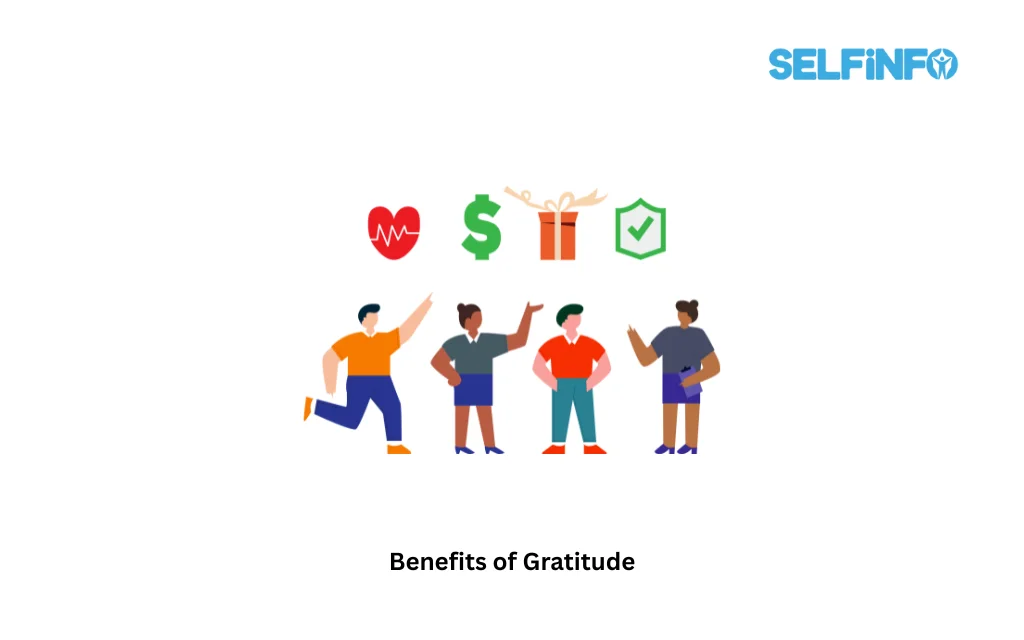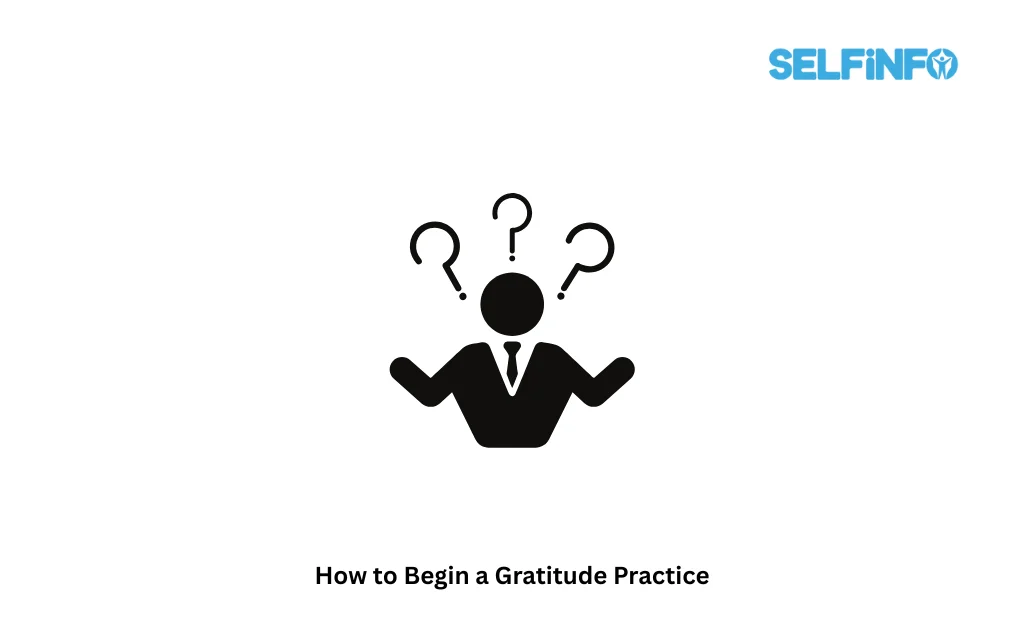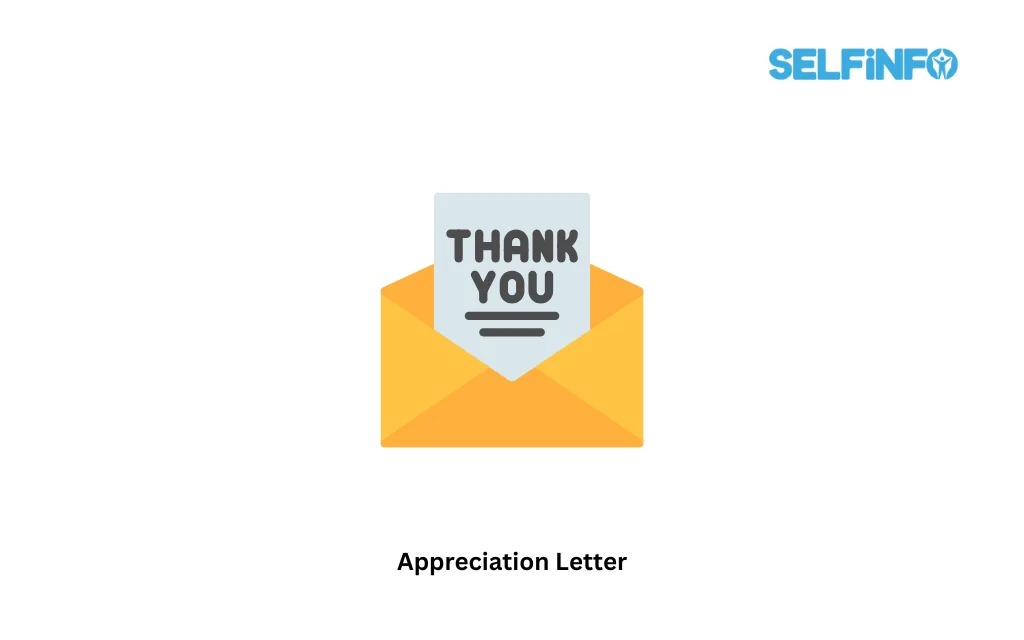Grateful thoughts can be hard to find in the middle of chaos and anxiety. But now more than ever, we need to practice grace. By choosing gratitude, we move closer to loving-kindness and begin to lift the heavy weight of negative thoughts and emotions.
My Personal Experience with Adversity
There have been challenging times in my life. I had cervical cancer a few years ago, for example. I recall experiencing a range of feelings. However, I was shocked to learn of the diagnosis. I found it difficult to accept that my body was ill. Hearing the “c” word was confusing to me since I believed I had taken good care of myself.
Anyone who has been or is ill will understand what I mean when I say that I felt isolated. It felt like I was the only actor on stage and the center of attention, despite the fact that I was surrounded by my devoted family and friends.
Then there was the persistent anxiety of passing away. I assumed my fate would be identical to that of my father, who died of liver cancer ten years prior. Throughout the day, and particularly at night, these ideas tormented me. It was challenging to be there. My ideas had taken over my entire being.
I was also depressed. I was unable to see past my illness. Going to the hospital for chemotherapy and radiation treatments and then returning home to recuperate was my new routine. As a result, I grew weak and lost a lot of weight. Sometimes I was too weak to get out of bed at all. My bedroom served as my personal haven.
Additionally, I thought I had lost my independence. I was unable to care for myself anymore. I had to depend on my family and friends to look after me in addition to medical professionals like physicians and nurses. I always considered myself to be independent, so losing that independence devastated me.
The person I believed myself to be began to vanish before my very eyes. Looking back, I can see why the terror was elevated. My physique was an integral part of who I was. Who am I if the body fades?

How Gratitude Saved Me
I do not know when I first began to practice thankfulness during this event. But I was saved by this practice and others like mindfulness.
Initially, there was opposition. I questioned myself, “What is there to be glad for in being sick?” on the day I started my thankfulness journey. This is what came next: “There is nothing for which to be thankful.” I gave in to my pride.
The next day was marginally better. I took a somewhat lower aim. I searched for the low-hanging fruit—smaller things that I valued, such as being able to breathe, drink my tea, listen to music, and walk, even if it was just a little distance.
I wrote a daily list of the things that made me happy, calm, smile, and experience the world in a new way.
Then, whether I was in the hospital or caged up in my room, or when I could not recognize myself in the mirror due to my drastic weight loss, or when the normal that I knew was upset, I began to seek for moments to be grateful.
I looked far and wide for that small piece of something, anything, to drop my anchor of thankfulness in, especially when I was feeling really scared.
Benefits of Gratitude

The practice of gratitude was important during the time I was sick for a few reasons.
Practicing gratitude brought me into the present moment.
Fear is frequently the dominant emotion for anyone going through misfortune, whether it be a disease, losing their job, a broken relationship, or a death. It is also the most harmful to the body and mind.
I was able to break the fear habit in my mind when I worked on practicing thankfulness. My ego was rattled by a straightforward gratitude exercise like “What provides me joy at this moment?” My ego was able to stop its destructive thought loop because of this.
When I was unable to leave my bedroom, I would simply gaze at the trees outside the window. Before being ill, I had never given the trees much thought, but when I did, I was struck by how stoic, resilient, and lovely they were.
When I focused on what I appreciated, it made me feel better.
I continued practicing my appreciation exercise even though I was unaware of the science at the time since it made me feel so much better. Both mentally and physically, I felt better.
The mind and body are negatively impacted by feelings of fear. Fear weakens the immune system and leads to digestive and cardiovascular issues.
Additionally, long-term dread interferes with brain functions, making it difficult for us to control our emotions. As a result, we become more susceptible to strong emotions and impatience.
I began to see past the bodily ailment. I started to feel optimistic. My perspective began to shift as I began to see myself as physically robust and healthy. I used to dream of hiking up a mountain and arriving at the summit to be rewarded with breathtaking vistas.
My gratitude practice made me more resilient.
My mental state got stronger the more I worked on cultivating an attitude of gratitude.
Numerous studies have demonstrated the positive effects of gratitude on resilience and mental health.
I had some challenges during the course of treatment, including getting C. difficile and becoming extremely dehydrated. These are typical therapeutic side effects. Additionally, the company I worked for underwent a significant reorganization during my medical absence, which resulted in my reassignment and the loss of team members.
I accepted these difficulties. I was not knocked off balance. I tried to see the positive even in these situations.
How to Begin a Gratitude Practice

There are many ways to implement a gratitude practice. The easiest requires nothing but changing what you focus on when you wake up in the morning.
Morning Gratitude
1. When you wake up, take a few deep breaths before picking up your phone.
2. List three things for which you are thankful. Begin with something minor, like the fact that you are alive, that you have a comfy bed, that you have a roof over your head, and that you can breathe.
3. Simply become conscious of resistance if you observe it. Do not try to force anything.
4. You can say something like, “I am willing to remove the resistance that I have to this thankfulness practice,” if that helps.
5. An alternative prompt could be useful, like:
- Which song is your favorite, and why?
- Gaze out the window. What do you like best about what you see?
- What or who gives you a sense of security?
- Give an example of what or who makes you chuckle.
- Describe the person who lets you be who you are.
The aforementioned practice can also be used with a journal. Usually, I list three things that I value and, if I have time, explain why.
Gratitude Rocks
1. Locate three little stones and put them in the pocket of your jacket. If there is a lake or river close by, use it for this exercise. Then, search for rocks that appeal to you.
2. Put these stones in your favorite jacket pocket.
3. List three things you value each time you touch these rocks.
These rocks can also be placed somewhere there is good visibility, like on your desk or the dashboard of your automobile.
Appreciation Letter

1. Consider a person who has positively influenced your life.
2. Address this individual in a letter or email.
3. Explain what you value about what they done for you.
4. Describe how their behavior positively impacted the trajectory of your life.
5. Forward the letter.
I used the time after I recovered to work on myself and think on who I was. I realized that falling sick was a godsend. Before the diagnosis, I was blind to the destructive road I was on, but now I could clearly see it.
I had led a false life. I was in unhealthy partnerships. I had a job that I did not enjoy. I was powerless over my feelings and ideas. I did not play big. I was not real. The most important realization was that I did not love who I was.
I began to rewire my thinking and let go of limiting beliefs with the assistance of a therapist and techniques like gratitude and meditation. I began to perceive myself differently. I started to approach life with hope and delight. Most significantly, I began to love who I was.
How has thankfulness affected your life?
